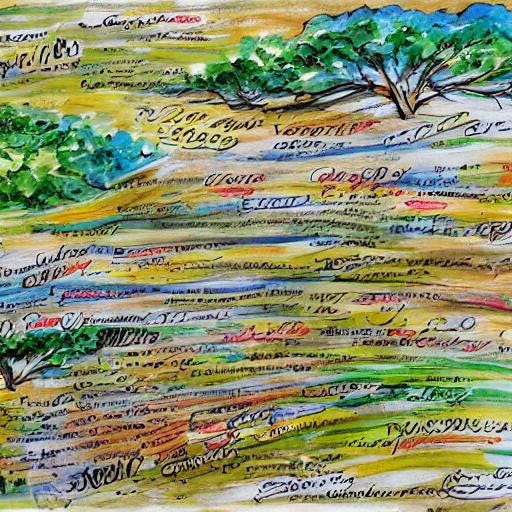My friend Fred shared a great metaphor with me this morning. The words subject and object get bandied around a bit, but both of these words point to a common premise: in life, we’re very often defining some thing to study.
To make sense of things we use theories—sometimes we choose them, and other times they foist themselves upon us intuitively. It is useful, I think, to see theory as a bit of a choose-your-own adventure. It’s possible (desirable, even) to find different ways to look at the same thing: theories are basically different windows into the same interior scene.
